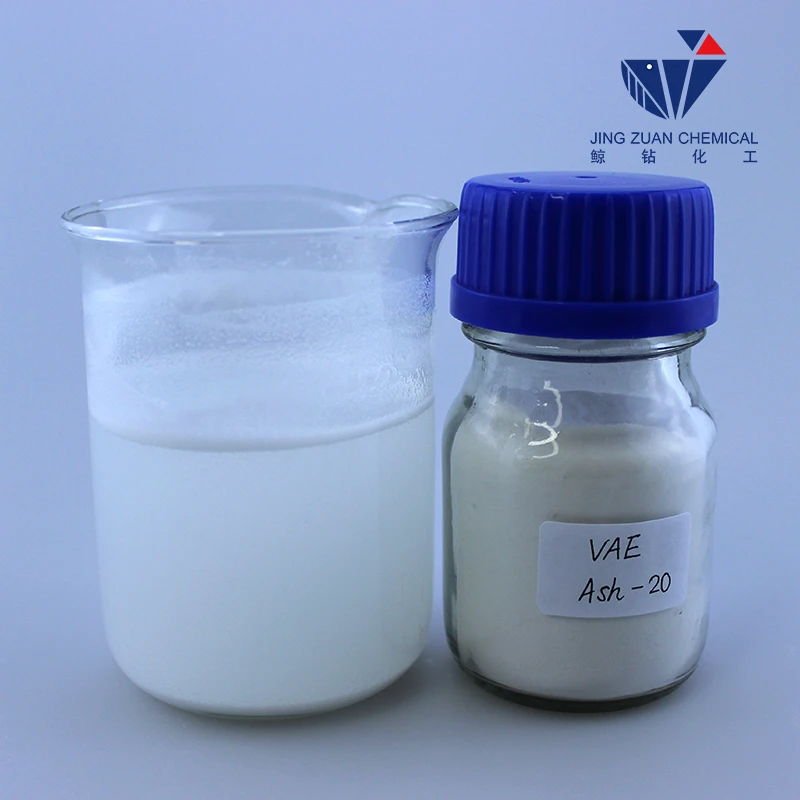
Oct . 02, 2024 15:28 Back to list
Applications and Properties of Hydroxyethyl Cellulose in Various Industries
Hydroxyethyl Cellulose A Versatile Polymer in Modern Applications
Hydroxyethyl cellulose (HEC) is a non-ionic, water-soluble polymer derived from cellulose, the most abundant organic polymer on Earth. A derivative of natural cellulose, HEC is synthesized through the etherification of cellulose, where ethylene oxide reacts with hydroxyl groups in the cellulose molecule. Due to its unique properties, HEC has found extensive use across diverse industries, including pharmaceuticals, cosmetics, food, and construction.
Properties of Hydroxyethyl Cellulose
One of the defining properties of HEC is its ability to dissolve in water, forming a clear, viscous solution. This characteristic makes it an excellent thickening agent. HEC does not gel upon cooling and can maintain its viscosity under varying temperatures, making it particularly valuable in formulations that require stability under different conditions. Moreover, HEC is pH-stable, which enhances its functionality across a range of applications.
Another important property of HEC is its biocompatibility and non-toxicity, making it suitable for use in personal care and pharmaceutical products. Its ability to retain moisture and improve texture makes HEC a popular ingredient in lotions, creams, and other cosmetic formulations. Furthermore, HEC is often used as an emulsifier, helping to stabilize mixtures of oil and water.
Applications in Pharmaceuticals
In the pharmaceutical industry, HEC's role is multifaceted. It is commonly employed as a thickener in suspensions and gels, ensuring that active ingredients remain evenly distributed throughout the product. Additionally, HEC is used in controlled-release drug formulations, where it helps to regulate the release of active substances over time. This property is vital for developing medications that require specific dosing schedules, improving patient compliance and therapeutic effectiveness.
HEC also plays a crucial role in ophthalmic formulations. Its viscosity-enhancing properties make it an ideal candidate for eye drops, providing lubrication and ensuring prolonged contact with the eye surface. This reduces the frequency of application and enhances comfort for the user. Furthermore, HEC can be used in film coatings for tablets, offering protection against moisture and making swallowing easier.
hydroxyethyl cellulose

Use in Cosmetics and Personal Care
In the cosmetics industry, HEC serves as a key ingredient in various formulations, including shampoos, conditioners, and skin care products. Its thickening properties contribute to the desired texture of these products while also improving their performance. For instance, in hair care products, HEC helps to improve the spreadability and application of the product, leading to better coverage and enhanced effectiveness.
Additionally, HEC is renowned for its ability to form a protective film on the skin, which helps to retain moisture and create a barrier against environmental aggressors. As a result, it is often included in moisturizing creams and serums aimed at improving skin hydration and elasticity. The versatility of HEC allows formulators to develop products tailored to specific needs, catering to a wide range of consumer preferences.
Food Industry Applications
Beyond pharmaceuticals and cosmetics, hydroxyethyl cellulose is utilized in the food industry as a stabilizer, thickener, and emulsifier. It can help improve the texture and mouthfeel of various food products, including sauces, dressings, and baked goods. HEC is also used in gluten-free products to mimic the structural properties of gluten, providing a satisfactory texture and consistency that would otherwise be lacking.
The ability of HEC to retain water makes it a valuable ingredient in low-calorie and reduced-fat products. It not only helps to maintain moisture but also enhances the overall sensory experience of the food, proving that functionality and taste can coexist.
Conclusion
Hydroxyethyl cellulose is undoubtedly a versatile polymer with applications that span multiple industries. Its unique properties—such as water solubility, pH stability, and thickening abilities—make it invaluable in pharmaceuticals, cosmetics, and food. As innovation continues to drive the development of new products, HEC is likely to remain a staple ingredient, contributing to the advancement of formulations that prioritize safety, performance, and consumer satisfaction. As industries evolve, the potential applications of hydroxyethyl cellulose are bound to expand, making it a polymer worth watching in the years to come.
-
Versatile Hpmc Uses in Different Industries
NewsJun.19,2025
-
Redispersible Powder's Role in Enhancing Durability of Construction Products
NewsJun.19,2025
-
Hydroxyethyl Cellulose Applications Driving Green Industrial Processes
NewsJun.19,2025
-
Exploring Different Redispersible Polymer Powder
NewsJun.19,2025
-
Choosing the Right Mortar Bonding Agent
NewsJun.19,2025
-
Applications and Significance of China Hpmc in Modern Industries
NewsJun.19,2025







